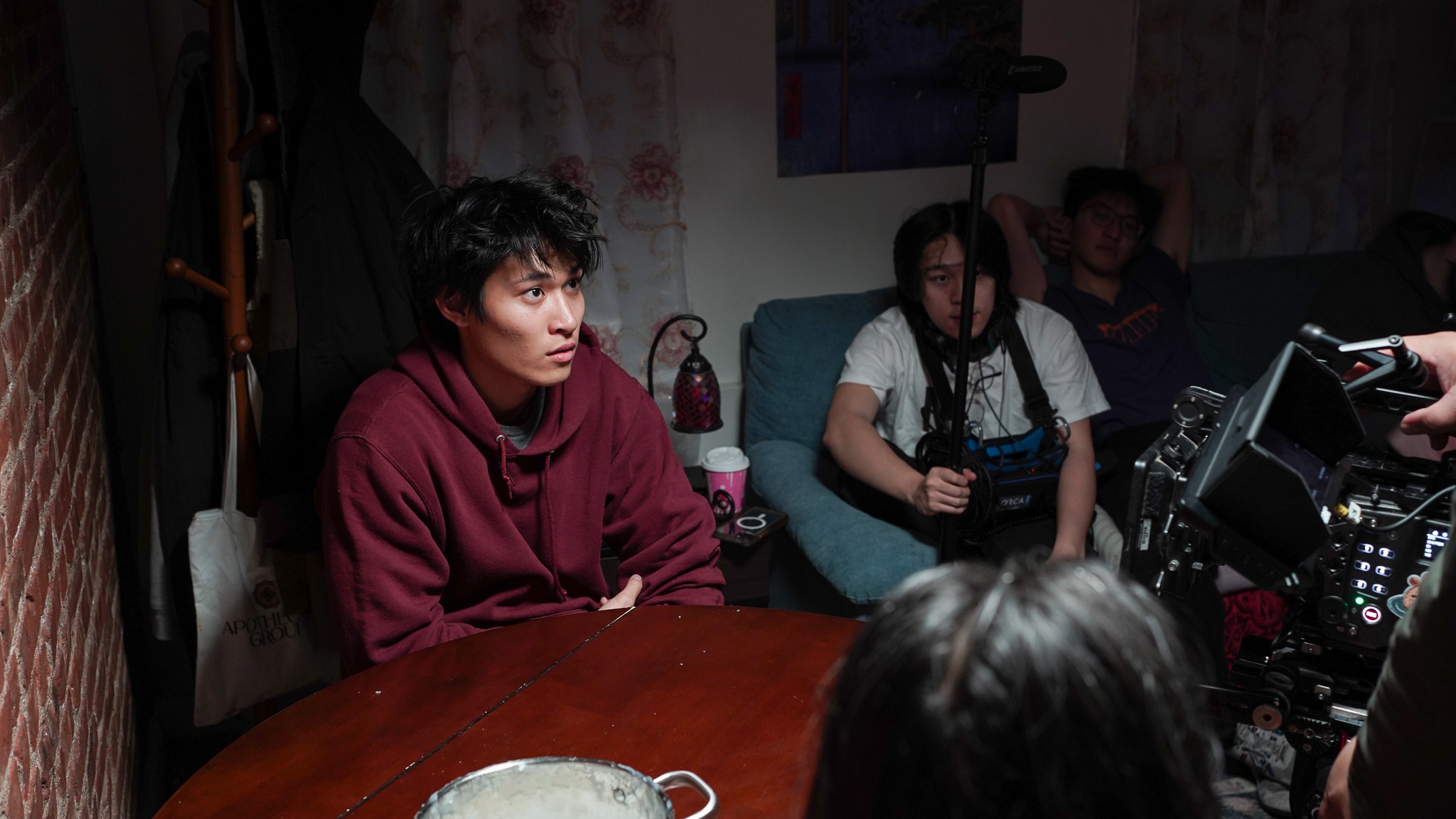

Today we’d like to introduce you to Benjamin Ting.
Hi Benjamin, thanks for sharing your story with us. To start, maybe you can tell our readers some of your backstory.
Hello! My name is Benjamin Paul Ting; I was born in Paris, France, as a second generation to Chinese immigrants who arrived shortly after the Cultural Revolution in the 60s. Growing up, I was an expat (due to my father’s work) in Shanghai and then Hong Kong, where I spent twelve years and really, the place I call home. I went to an American school, so I developed a really mélanged, strange identity between France (where my grandparents lived), the United States, which I had the most cultural influence from (I’m often mistaken for a Californian), and China, where the roots of my home culture lie.
Anyways, apologies for the origin ramble, there are a few too many places to go over. My grandmother was a storyteller. She would invent epic adventures between two boys (who very closely resembled myself and my older brother) who would travel the world to recover stolen gold from a village in the Sahara or to fight off a supervillain made of toilet paper and snot. Telling stories was her love language, and I inherited it too.
Coming from a generation of online creators, my friends and I quickly began competing for more subscribers on our YouTube channels, ranging from really terrible skits to action-packed fight scenes. One thing led to another, and I had a ragtag group of friends who were obsessed with creating. In Hong Kong, there was a real lack of passion for theatre outside of school. So film became our medium of expression. (We all ended up at NYU Tisch, unfortunately; we seem to be stuck together for life.)
While practicing my craft in school plays, in my early teens I really began to invest my time into the films we would make. Our first short film ever, made with a crew of three sixteen-year-olds, traveled to LA Shorts and Flickers’ Rhode Island. At the time, we had no idea what any of that meant. At 17, our senior year of high school, we crowdfunded 51,000 USD on Kickstarter and shot a feature under the strictest COVID laws in Hong Kong. I applied and auditioned for several college acting programs.
Today, I’ve trained for 2.5 years at the Atlantic Acting School and completed a selective Shakespeare program at the Royal Academy of Dramatic Art through NYU Tisch’s BFA program. I am a represented actor, sending countless self-tapes each week, trying my luck. I’ve attended several notable film festivals with shorts and films that I’ve starred in. On October 16th, I premiered my directorial debut, APE, a tense and intimate exploration of Asian masculinity and rage.
Can you talk to us a bit about the challenges and lessons you’ve learned along the way. Looking back would you say it’s been easy or smooth in retrospect?
As with anyone who has the privilege and burden of being in this industry, the road ahead is almost always sure to be rocky. There were plenty of struggles from the start. The difficulty of mastering the craft to begin with is an extremely challenging but rewarding process. Training—learning to breathe, technique, script, and character analysis—takes a lot of work. Especially when you’re engaging with the most sophisticated pieces of work, which is a common occurrence in acting school: Shakespeare, Chekhov, Ibsen, Pinter, Annie Baker, etc.
More so, there is the ever-present challenge of arriving in the United States, the ticking clock that my visa will run out of time, and the pressures of making an impression in a saturated field of work. There are a hundred things that I could list as challenging, but at the end of the day, I’ve learned that patience and resilience are your best friends. And I am lucky enough to say everything has seemingly fallen into place for the next chapter of my professional career.
I love run-and-gun filmmaking—or at least the ones that are done right. The Safdie Brothers are an inspiration to me, and I think the nature of my filmmaking origins has made it so that there is an unmatchable thrill and joy when we’re two hours behind schedule, outdoors freezing cold in the dead of winter, and someone realizes they forgot the most valuable prop on set. An absolute catastrophe. A doomsday scenario, if you will. This is my absolute favorite moment on every set I’ve ever worked on. The director, AD, DP, and producers stand in a circle and just figure it the fuck out. Your problem-solving brain is stretched to its limits, and suddenly there is no rank or hierarchy, there is just the will and drive to create a vision. To be the one to solve the puzzle of “how do we get through the night?”
And a couple of months later, you’ll sit around laughing and retell the disasters of the darkest nights on set. I love that pain because it means I’m growing and learning. The fact that every time I step onto set, regardless of how well prepared we are, we will encounter this moment of difficulty is an absolute blessing.
Can you tell our readers more about what you do and what you think sets you apart from others?
I’m an actor first, but I am extremely passionate about storytelling in general, which has led me toward both writing and directing. It’s a path I see more and more often as actors face a shrinking industry. Gen Z slang would refer to these hustles as “side quests.”
I was emailing with director Charlotte Wells from Aftersun about an essay for class where I’d analyze her film and intentions. I had framed a question of mine with the opener, “First and foremost, I imagine this is a story you wanted to tell,” and she corrected me quickly that Aftersun is not a story she wanted to tell. Rather, filmmaking is something she treats as a struggle and grappling with observations, identity, experiences, etc. Shortly after, I wrote a film at 18 while living in a miserable dorm in the heart of New York City. Untitled at the time, it was an investigation into my real feelings about how to overcome the stereotypes that have flattened Asian men for generations. It was both a criticism and exploration of the growing overcorrection I noticed among Asian men, one rooted in hypermasculinity, sexism, and manosphere stuff.
I titled the film Ape, the animal itself as well as to “imitate the behavior or manner of someone, especially in an absurd or unthinking way.” For the characters, the dilemma is to either badly imitate society’s desires for them or to give in to their darkest desires and show that they are also contenders for the position of biggest ape in the jungle. Ape asks, when it comes to rewriting our story as Asian immigrants, how far is too far? Or is it not far enough? And what will be left of us by the end of it all?
Three years passed with the film being picked up by professors and producers, plans falling through, investor opportunities seemingly coming into fruition then not—so I did it myself, with creatives I loved and trusted. We recently began submitting to festivals, and our first stop was New York Shorts. I am sure there are plenty more to come, but I am very proud of the work we did. Four 12-hour days in the middle of December with a skeleton crew of six. It’s funny—if you watch our credits, the crew appears twice, as their titles and then as extras in the film. It was a real combined effort and reminded me of the generosity that comes when you just work with the right people.
I specialize in telling visceral stories from the heart. I like to touch on the uncomfortable and the fringe while feeding and entertaining my personal love for action-packed stories that tumble forward until they crash into a wall.
As an actor, I am classically trained at RADA for Shakespeare and am in love with theatre. It is where actors go to hone their craft. I implement what I’ve learned, hoping to grow and improve with each attempt at a scene or self-tape. But I can’t find it in myself to sit on the sidelines waiting for a “big break.” I want to breathe the stories that I can’t stop myself from thinking about to life. In the coming year, I’m visiting the 1800s with a film following a young Chinese gold miner in California and his father. I am meeting the devil in a Vietnamese funeral-inspired tradition of staying up with the dead.
Are there any books, apps, podcasts or blogs that help you do your best?
One sec is great – it forces me to do a breathing exercise before opening social media apps. Helps me fight the doomscrolling.
I’ve been reading a lot of magical realism from Gabriel Garcia Marquez and I hope to move on to Jorge Luis Borges soon! They’re impossibly creative and captivating.
Um, apologies, but ChatGPT can be an extremely effective tool when it comes to research and thinking things through.
Contact Info:
- Website: https://benjaminpaulting.com
- Instagram: @ben.jaminting
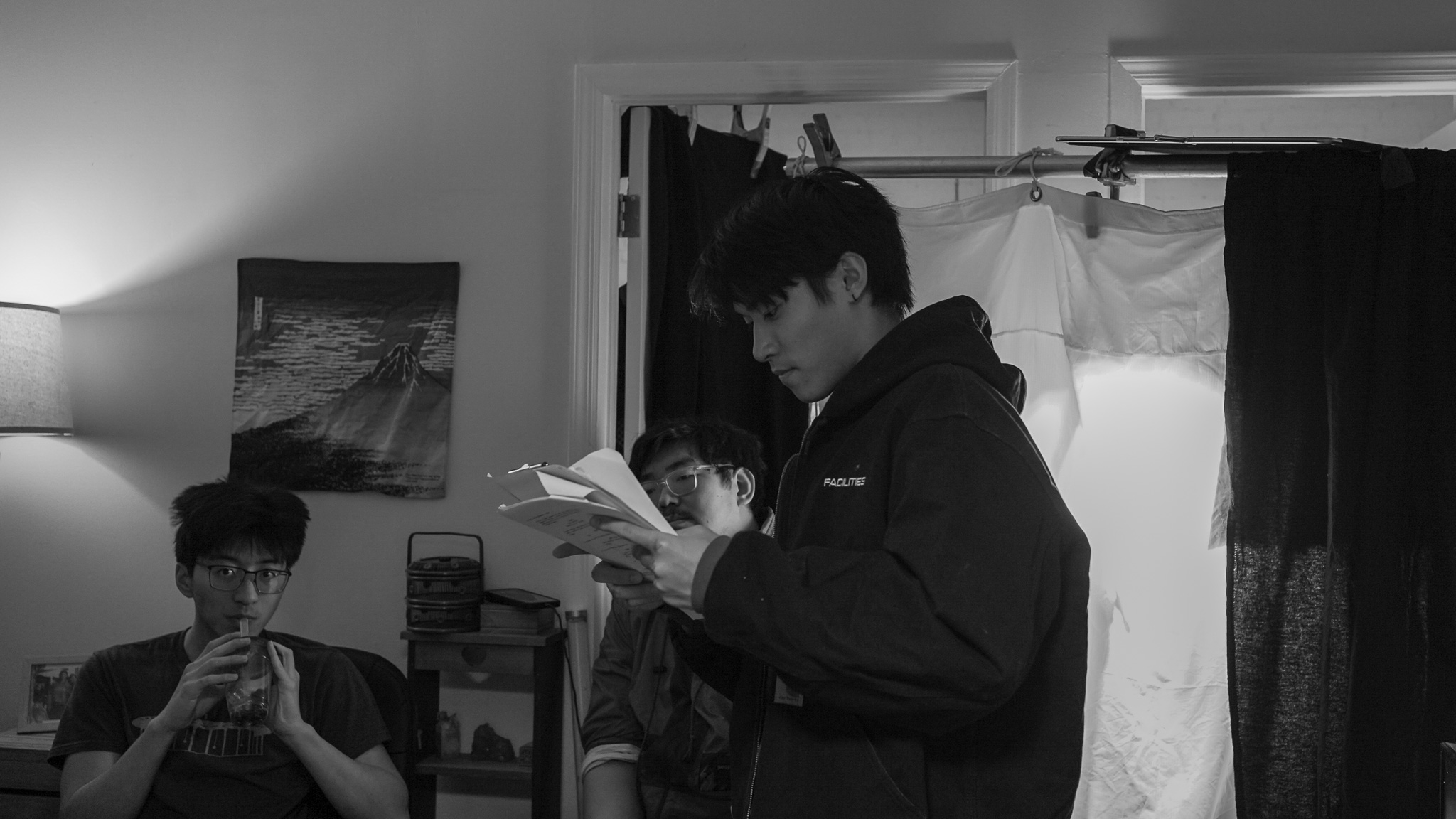
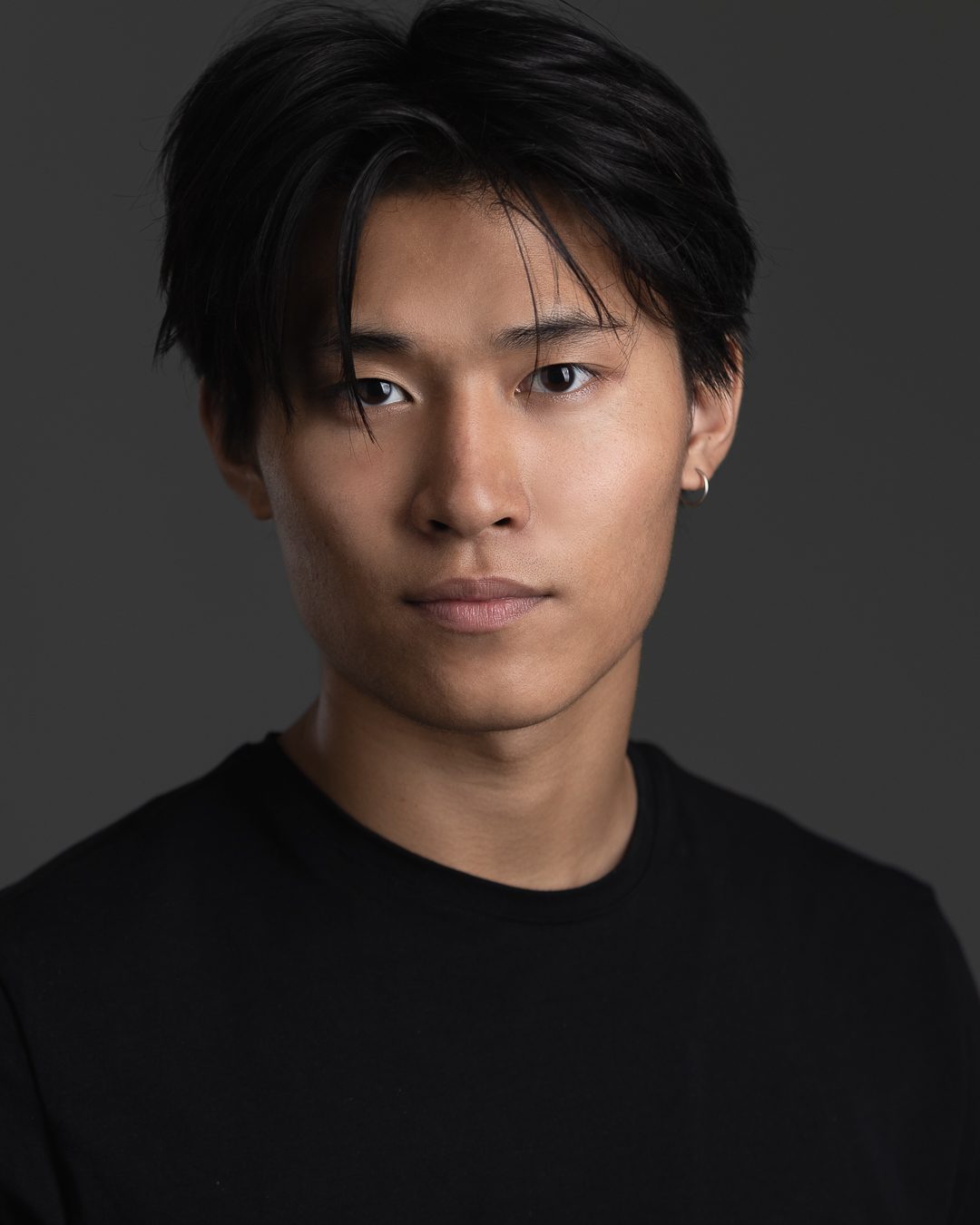
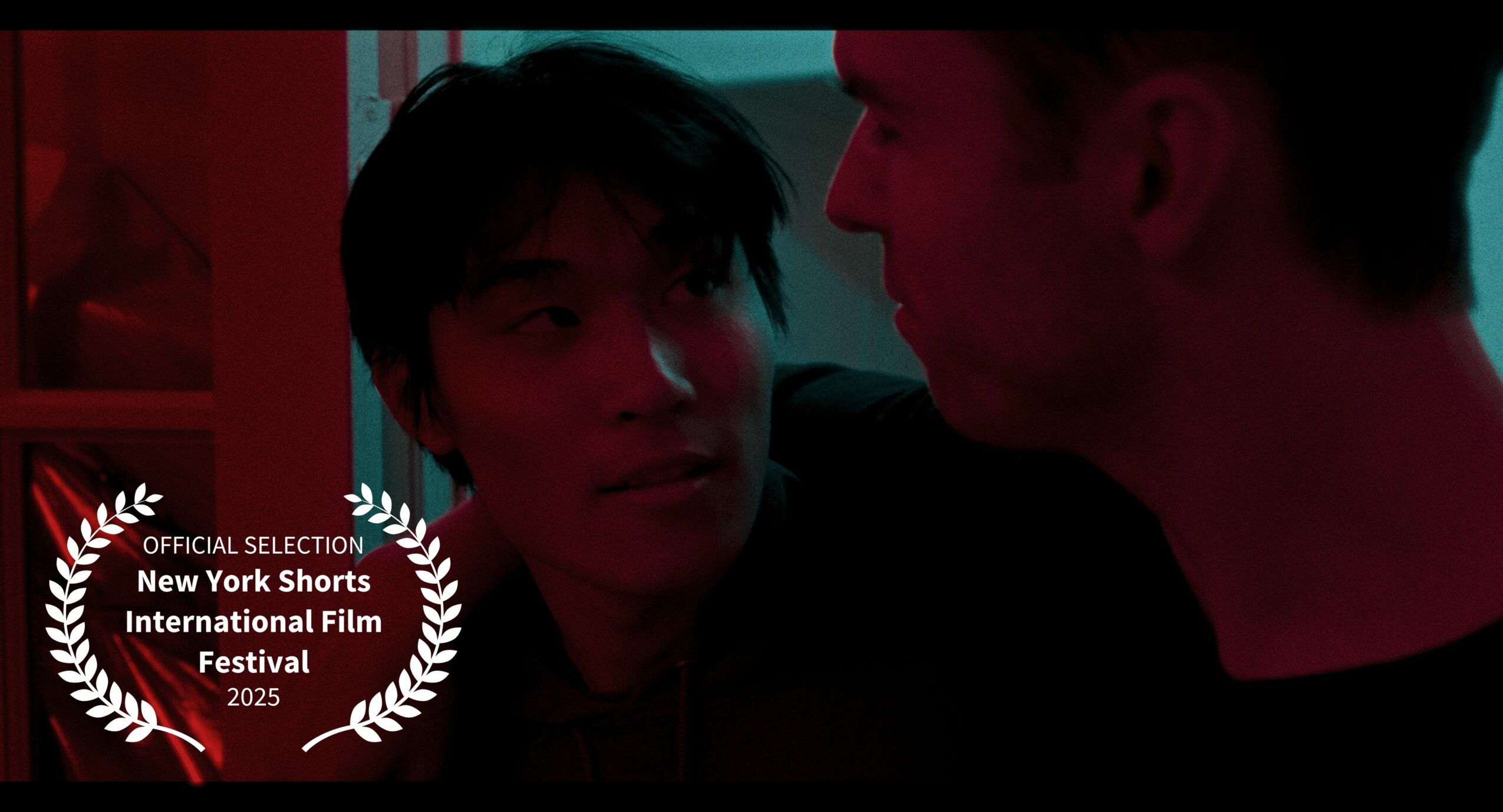
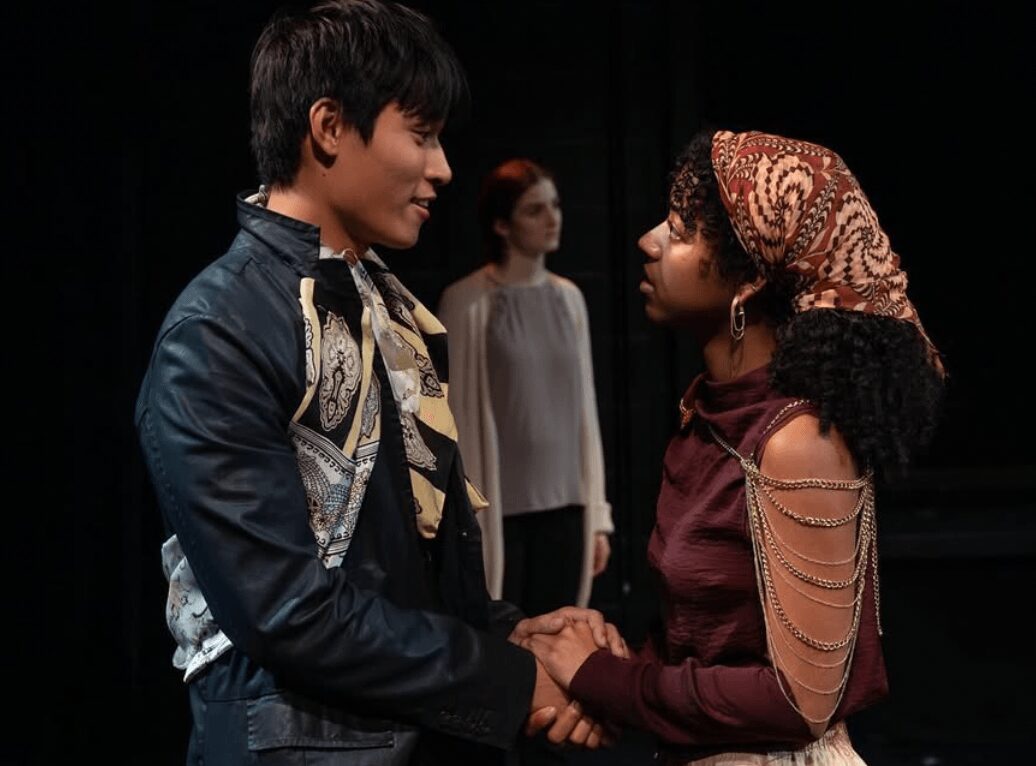
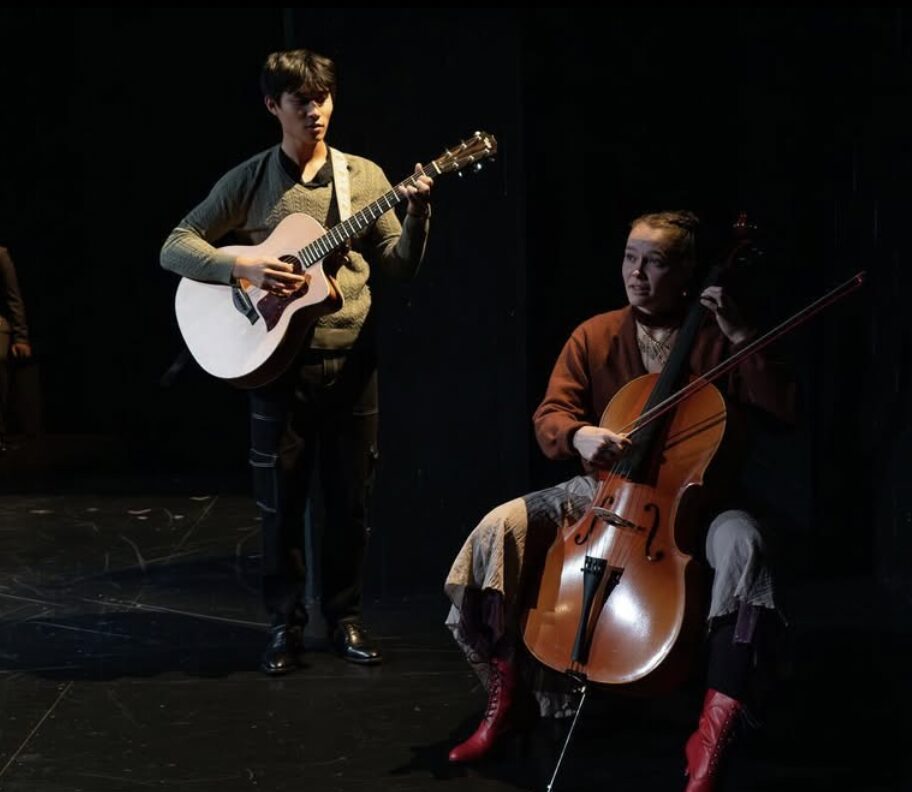
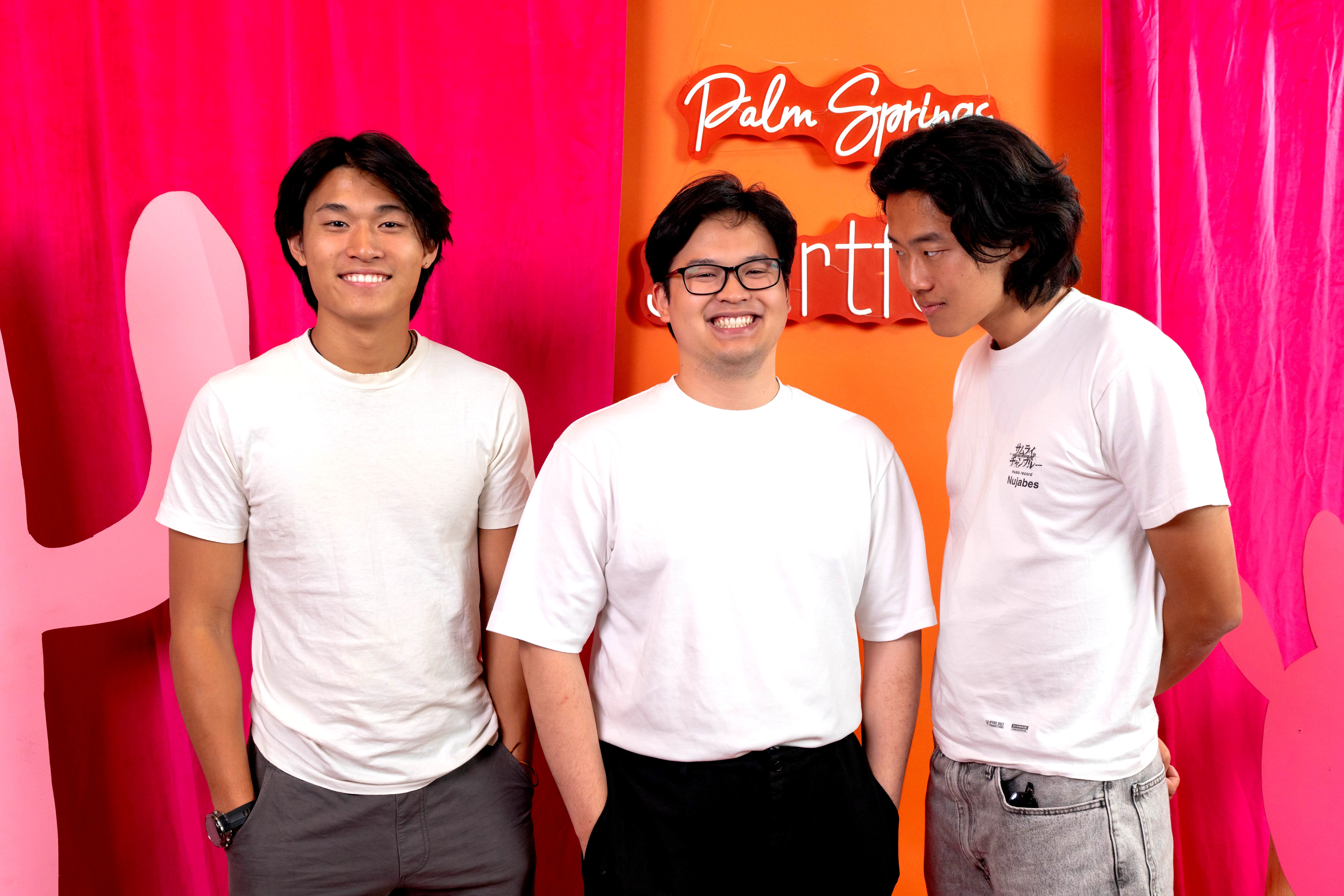
Image Credits
ahron r foster for the play images and should hyperlink to https://www.ahronfoster.com/index/G00000Mbp0jGy2dw














